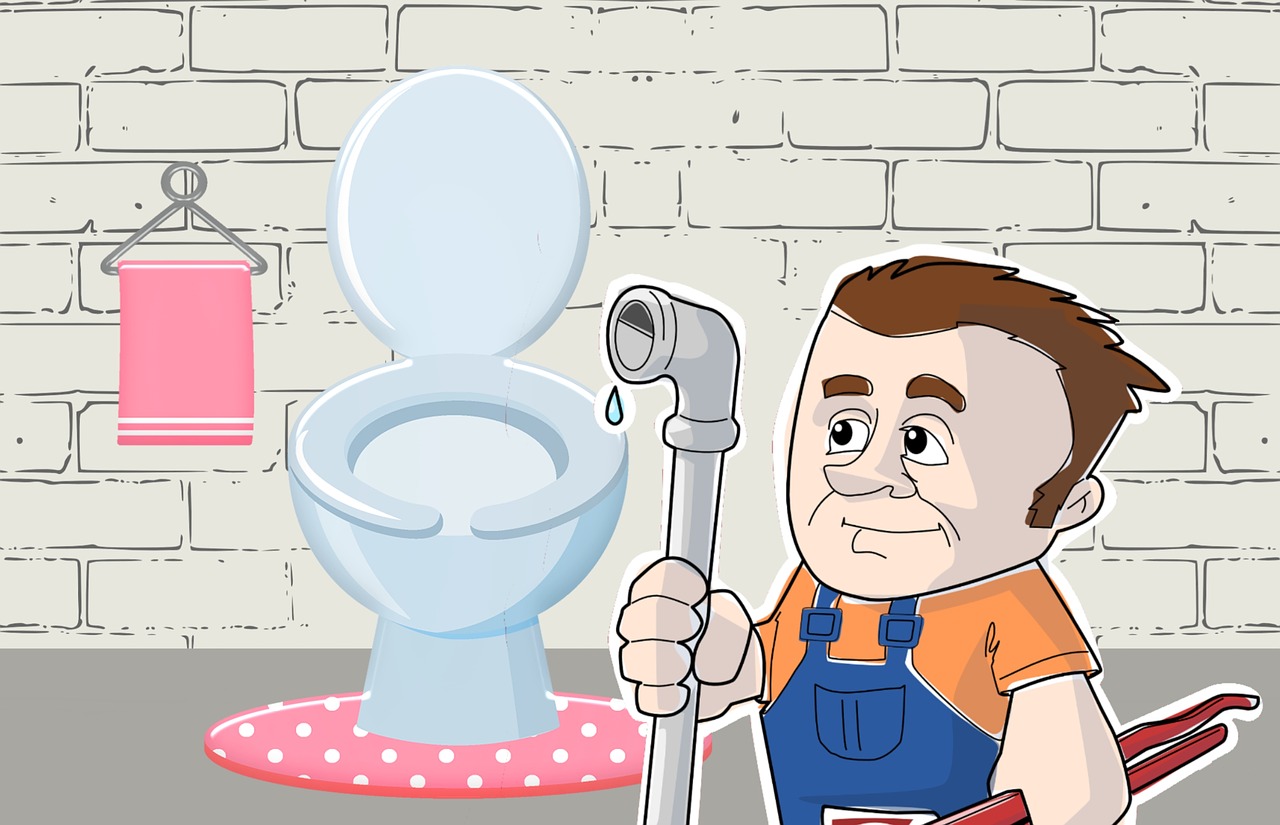Home repairs are almost always a costly endeavor; this is why we should try to prevent this type of trouble in the first place. Plumbing problems often don’t call on an expensive fix; if they’re solved as soon as possible, that is. You could waste a lot of money on your water bill if a dripping faucet is left unrepaired, especially if you need to call a professional to solve a clogged drain issue. The best way to save yourself from headaches is to take any leaks you notice or sounds you hear seriously.
Dripping Faucets
A few drops of water don’t seem like much, but they add up if unchecked for too long. People often underestimate the increase in the water bill this type of problem causes. Faucets do more than make your sink visually appealing; they control the amount of water that is being used. There are several reasons as to why a faucet starts to drip, the most common being corrosion. Luckily, most leaks are DIY projects that homeowners can solve by themselves with the right tools and some instructions.
Clogged Drains
People have problems with their drains clogging up more often than they should. Likely because they tried to flush something they shouldn’t have. Hair and floss don’t seem like much, but they don’t break down easily and can get caught on a pipe. Avoid flushing things that you can throw in the trash. If it’s unavoidable, sink strainers help keep dirt and hair out of your drains to prevent clogs from forming. They’re a worthwhile investment, both for your kitchen and bathroom.
Suspicious Sounds
Be careful of any gurgling or rumbling sounds that you may hear. They usually indicate a sediment build-up or that something may be pressuring a pipe. This can lead to big issues down the line, as a whole pipeline might need to be changed if a burst occurs. Try to track down the noise and determine the cause before calling an expert.
Water Heater
The best tip when it comes to water heaters is to have them replaced once they have aged past the ten-year mark. Modern heaters help save a lot of money, as they cause fewer expenses. If you insist on keeping your old tank, however, have it drained every six months or so. When it comes to older models, it’s important to have them regularly cleaned to maintain performance.
Cracks and Leaks
Everything gets damaged over time, but pipes are always under harsh conditions. The constant pressure and corrosion caused by water can cause pipes to crack when you least want them to. If you stumble upon a leak in your basement, you’ll want it fixed as soon as possible. The biggest danger when it comes to leaks is an outbreak of bacteria, and humidity can also lead to mold. But if there’s a hidden leak, you might have a larger problem on your hands. The easiest way to find out is to check the water meter. If you haven’t used any water for a period of time and the water meter is showing change, it’s best to call a professional. Plumbers from companies such as Tallis Plumbing will be able to resolve the leakage before some serious water damage occurs, and expenses stack up.
DIY
The key to saving money is regular maintenance and early intervention. While some homeowners shy away from DIY work, most plumbing issues can quickly be solved. As long as you know the basics and have the right equipment, you can save a lot of money. The biggest part of the job is going to the store and knowing what you’re looking for.
Firstly, if you’re going to attempt some home repairs or changes, be sure to turn the water off at the isolation valve. After that, changing a leaky faucet, for example, is no real issue. Unclogging pipes is a different matter. The ordeal could last up to an hour, and if the issue is caused by tree roots, you’ll likely have trouble solving it alone. Clog-removal specialists can provide a solution that lasts longer than a week or two. The blades and suction equipment they use is proficient at removing roots and any detritus in the pipeline.
While plumbing issues may be common, they can lead to problems that will be costly to repair. Regularly calling professionals to check your waterlines is the safest way to maintain your drainage. In some cases, you can even do some DIY work as long as you’ve grasped the basics and know which tools to use for the job. If a project seems too complicated for you, the best choice you can make is to contact a team of experienced plumbers. Remember that most of these issues can be prevented in the first place.

